-
Asteroids named after two local space enthusiasts
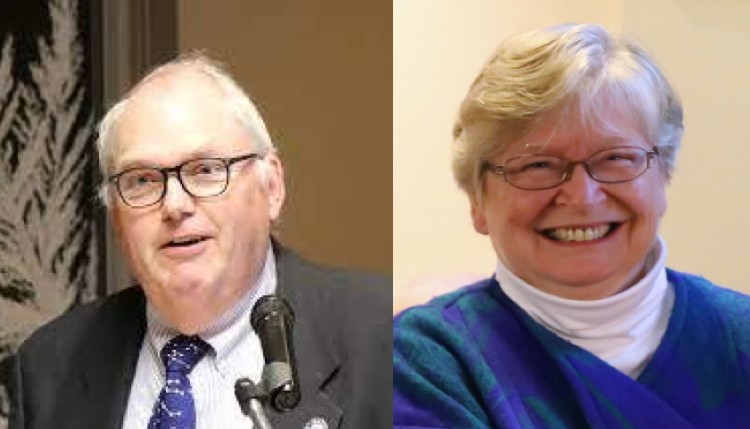
Two Victorians who’ve devoted their lifelong passion for the stars to teaching its mysteries have been given a rare, out-of-this-world honour: They’ve had asteroids named after them. Author-historian Chris Gainor and educator-volunteer Lauri Roche are among 40 people who last week learned orbiting leftovers from the formation of our solar system 4.6 billion years ago…
-
Quad-Cities Popular Astronomy Club: PV teacher’s passion for physics and astronomy sticks with students
The following article was originally published in the Spartan Shield, the newsletter of Pleasant Valley High School. The original article can be found on the Spartan Shield website at spartanshield.org. Permission has been received from PV to publish this in the local newspaper. The article also appeared in Reflections, the newsletter of the Popular Astronomy Club.…
-
Nancy Grace Roman Space Telescope Coronagraph Instrument Overview and Status
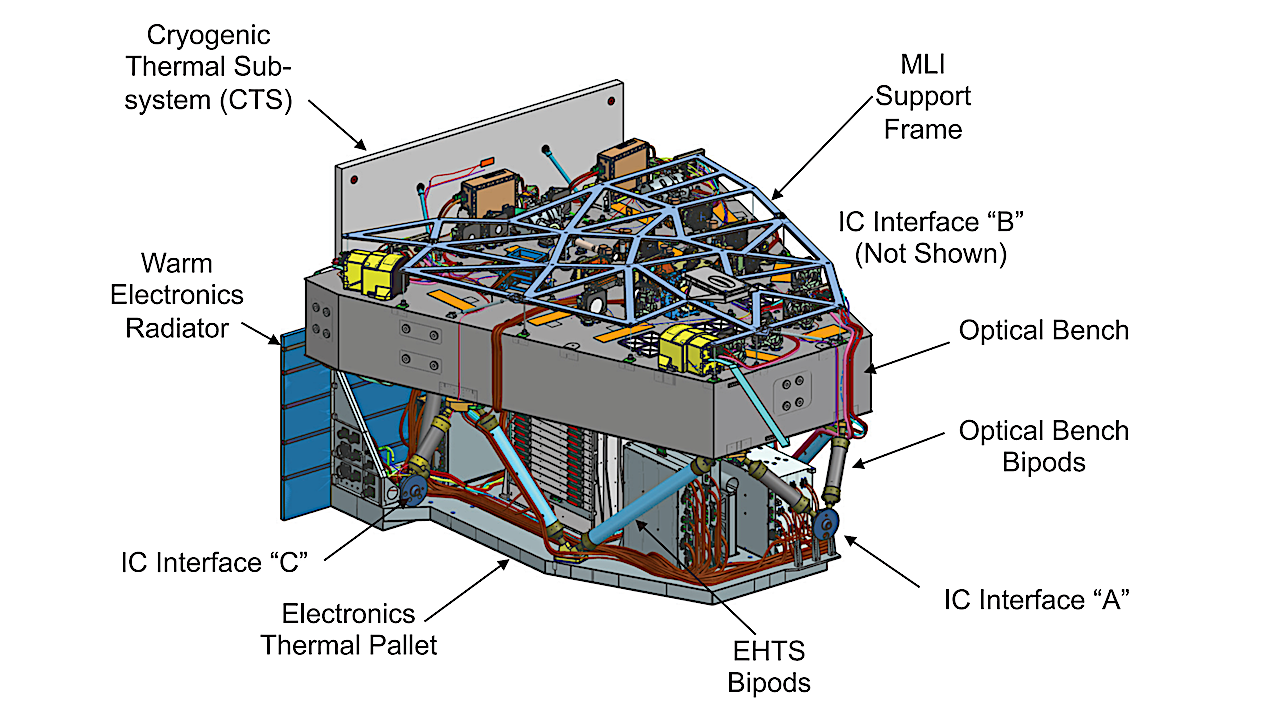
The major subsystems of the Coronagraph Instrument.2 The optical bench sits above the electronics pallet. The Electronics Heat Transport System (EHTS) transports heat from the electronics to the warm radiator. The Cryogenic Thermal Subsystem provides passive cooling to the detectors. Multi-layer insulation (MLI) provides additional thermal shielding. The Instrument Carrier (IC) is the observatory structure…
-
57 years ago, two astronauts saw the first solar eclipse from space
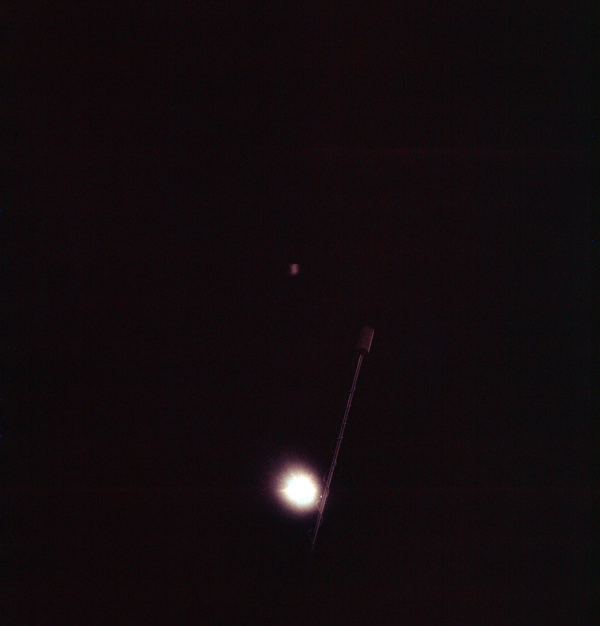
The total solar eclipse of November 1966, as seen by the Gemini 12 astronauts while in space. Credit: NASA On Nov. 12, 1966, totality sliced across South America. Its progress began north of Peru’s capital, Lima, before forging a 52-mile-wide (84 kilometers) southeasterly swath of totality to plunge northern Chile and Bolivia, the foothills of…
-
Foxconn sends satellites to space as the business of making iPhones and laptops slows, diversification effort accelerates

The world’s biggest producer of iPhones is going to outer space. Two prototype low-Earth orbit satellites made by Hon Hai Precision Industry Co., better known as Foxconn, took off aboard a SpaceX rocket from Vandenberg Space Force Base in southern California on Saturday. The launch of the LEO satellites marks a key moment for the Taiwanese…
-
Tiny galaxies that had their stars stolen could be a ‘missing link’ in cosmic evolution
Astronomers have spotted the eroding remains of 100 dwarf galaxies that have been violently stripped of their outer layer of stars by larger galaxies. These disrupted galaxies represent the “missing link” in the evolution of a puzzling type of galaxy called ultra-compact dwarf galaxies (UCDs). The discovery shows that UCDs — which are among the…
-
The Milky Way’s Stars Reveal Its Turbulent Past
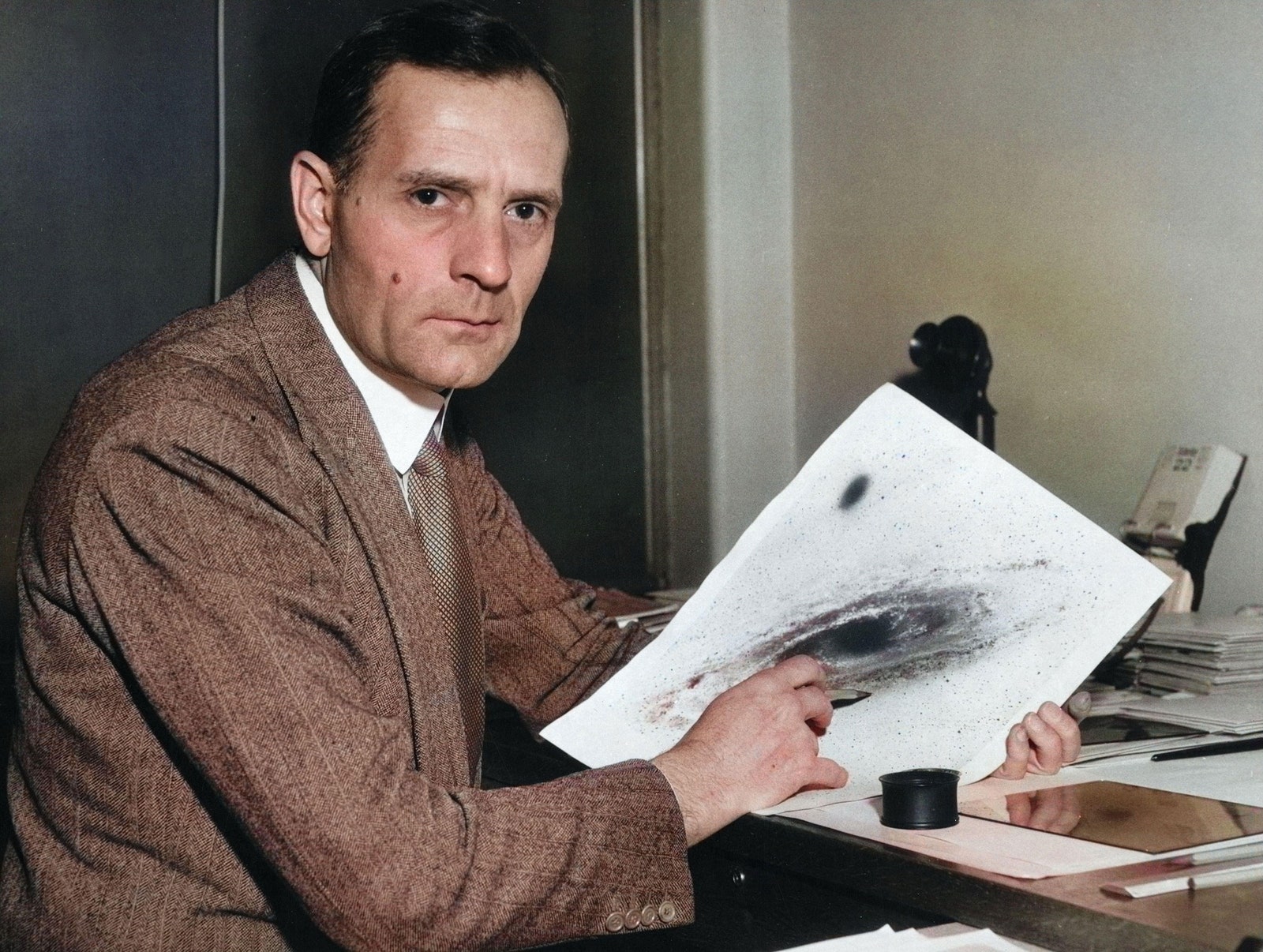
The original version of this story appeared in Quanta Magazine. Late in the evening of October 5, 1923, Edwin Hubble sat at the eyepiece of the Hooker telescope at the Mount Wilson Observatory atop the mountains overlooking the Los Angeles basin. He was observing an object in the northern sky. To the unaided eye, it…
-
Northern Taurid meteor shower could soon produce extra-bright meteors
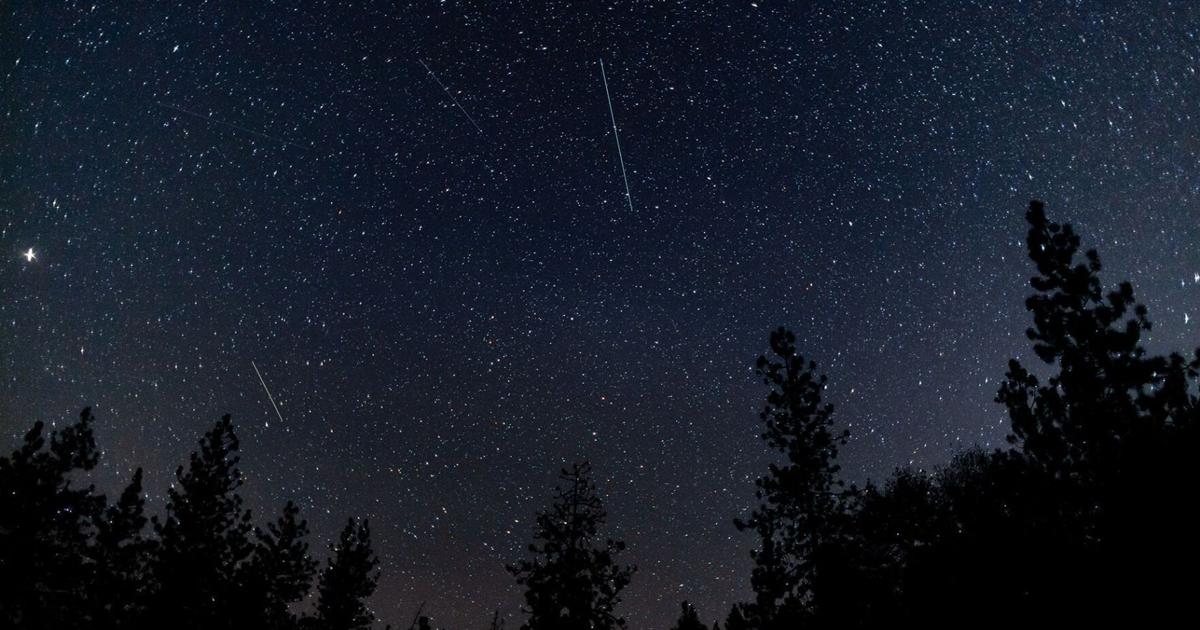
(CNN) — The Taurid meteor shower is not quite finished, with one of its two streams set to peak this weekend. When the Northern Taurids, an annual minor shower, is at its most active, sky-gazers could catch sight of a bright meteor or two streaking across the night sky. The Southern Taurids peaked November 5,…
-
The Bodily Indignities of the Space Life
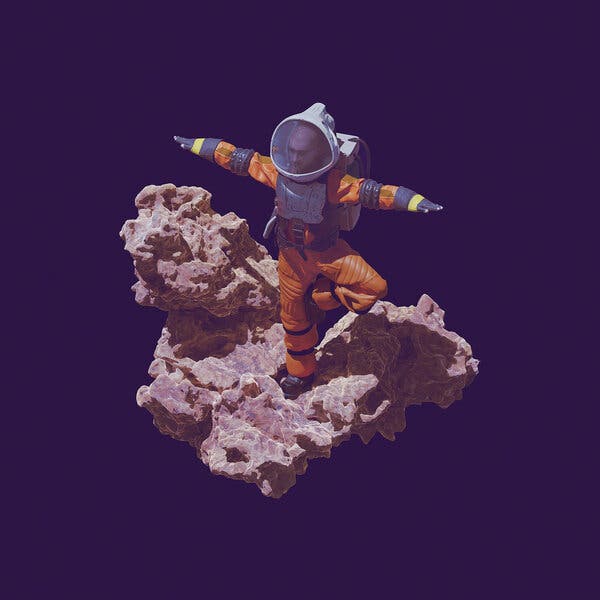
As an incubator of life, Earth has a lot going for it, something we often fail to appreciate fully from within its nurturing bounds. Merely sending probes and rovers to the moon and Mars won’t do. For various reasons — adventure! apocalypse! commerce! — we insist upon taking our corporeal selves off-world too. Multiple private…
-
This Week In Space podcast: Episode 87 — One Lunar Fizz Please
On Episode 87 of This Week In Space, Tariq and Rod discuss drinking in space with Colleen McLeod Garner. As more people take tourist jaunts into space, and eventually into orbit for longer stays, social drinking will become part of the experience—even if it’s just that bottle of congratulatory champagne. Besides the odd effects of…